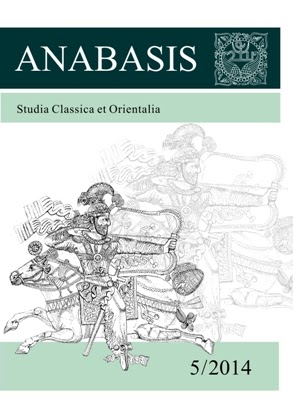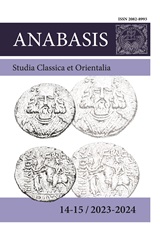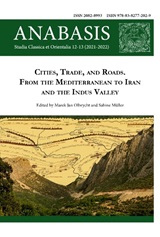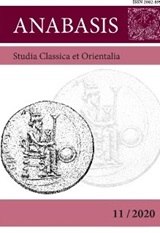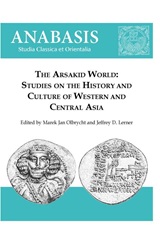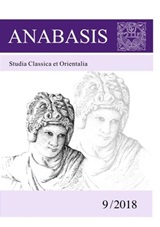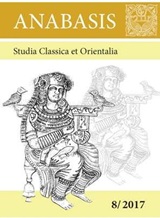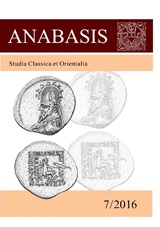The Zoology of Kingship: from Alexander the Great to the Epigoni (336 – c. 250 BC)
Keywords:
Zoology, kingship, Alexander the Great, Diadochi, EpigoniAbstract
Traditionally, kingship has established a strong bond with the forces of nature, animals amongst them. The issue this paper seeks to address is how this connection worked during the foundational period of the Hellenistic dynasties, from Alexander the Great (336 – 323) to the Successors (323 – 281) and the next generation of the Epigoni (281 – c. 250). To what degree, for instance, would we be entitled to speak of an animalization of the kingly idea and image? Did the essentially charismatic nature – in Weberian terms – of the new basileia favour this trend? Was zoology likely to have played a role in the process of constructing the king’s identity and public persona, in his self-fashioning? Above all, horses, lions and eagles were chosen by the kings of that period to show their real and symbolic connections with the animal world – or animal society. This paper focuses on them.
Downloads
Published
How to Cite
Issue
Section
License
Copyright (c) 2014 Anabasis. Studia Classica et Orientalia

This work is licensed under a Creative Commons Attribution-NonCommercial-NoDerivatives 4.0 International License.

